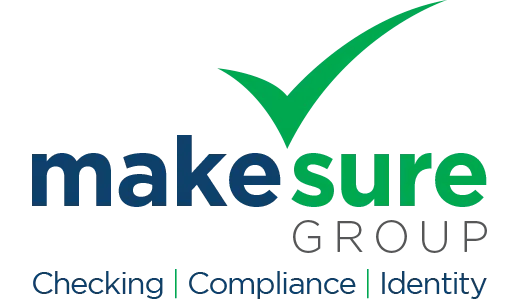ACT GOVERNMENT CYBER INCIDENT RESPONSE

IDCARE as Australia’s national identity and cyber support community service has been engaged by the ACT Government to assist individuals who have concerns about the exposure of their personal information.
The ACT Government have prepared a response page on their website. Keep abreast of developments in relation to this cyber incident by visiting the ACT Government website.
IDCARE’s Role in Supporting You
IDCARE is an independent charity focused on supporting community members that have concerns about their personal, account or credential information. We have been asked by the ACT Government to extend our support to impacted persons via the provision of expert advice, such as there recommendations below, and through our specialist Case Management service.
Note that IDCARE's National Case Management specialises in cases where individuals believe they have experienced identity exploitation and misuse or have grave concerns about this risk.
IDCARE Case Managers work every day with community members who experience the compromise or exploitation of their personal information. They understand the real risks, concerns and needs of our community. If you have specific concerns or seek further guidance on the below recommendations, please book a time with an IDCARE Case Manager via our Individual Get Help Form. In booking a time with IDCARE, please use the reference code provided in your notification.
General Advice and Guidance
The following advice is not specific to the ACT Government incident but is provided as general advice and guidance for individuals that have been affected by a data breach.
The exposure of name, date of birth, and contact details (such as phone number and/or email address) does heighten risks around scammer engagement. In fact, notifications about a breach itself can also heighten risks, as scammers can seek to impersonate the breached organisation when engaging with notified persons.
Remain scam vigilant by:
- Assuming that communications you receive may be from a scammer.
- Make your own enquiries using an alternative contact method to the one they used.
- Never give remote access to your devices if asked by someone who engages you.
- Keep your passwords and codes to yourself. Sharing these with scammers may mean you breach the terms and conditions of the account providers (such as your bank) and any chance of recovering funds highly unlikely.
- Staying abreast of the latest scams by visiting Scamwatch or by subscribing to IDCARE’s free community awareness bulletin, Cyber Sushi
If you believe you have responded to a scam engagement, please complete an IDCARE Get Help form to request assistance.
Join the global list of organisations making a real difference in people’s lives by supporting our service.






















































Copyright © 2025, IDCARE. All Rights Reserved.
ABN 84 164 038 966








